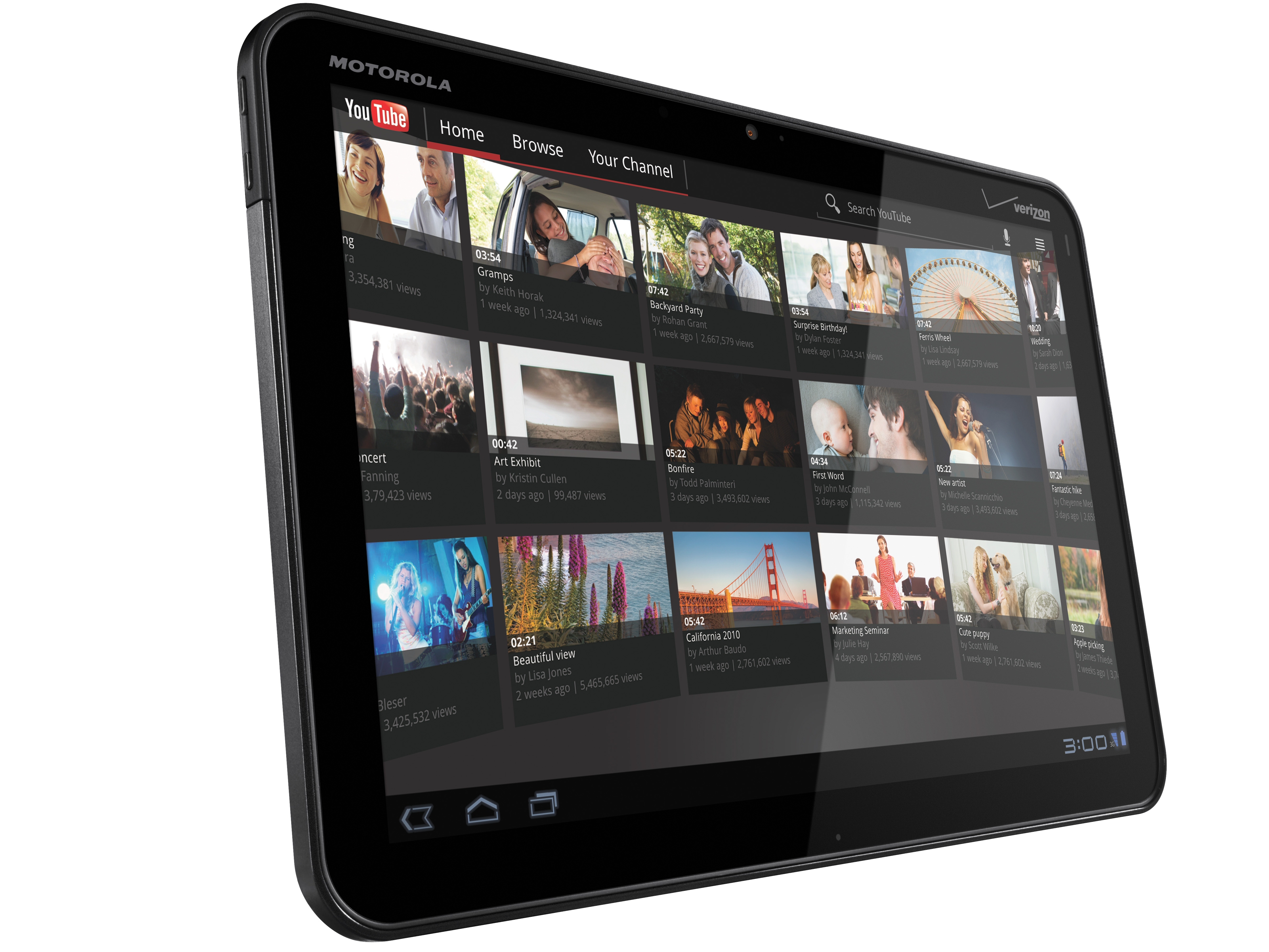Google moves on Moto as patent war hots up
Plus Samsung vs Apple rumbles on

"Some will call it Googorola," Gary Marshall writes. "Others, Motogoogle, or perhaps Moogle.
But whatever you call it, Google's acquisition of Motorola Mobility is the biggest thing to happen in mobile since Nokia climbed into bed with Ballmer."
Google is acquiring Motorola Mobility for a cool $12.5 billion, subject to regulatory approval. As Gareth Beavis put it: "They must REALLY like the Atrix."
So what's going on? Marshall believes it's all about the patents. "Android has become something of a patent battleground - Eric Schmidt was getting annoyed about firms who "are not responding with innovation [but] with lawsuits" last month - and I'm wondering if the Motorola deal was what Schmidt meant when he said that "we will make sure they don't lose, then" when asked about HTC's patent battle with Apple."
It's not only about patents, though: Google is now in the Android hardware business. What does that mean for your favourite kit? Gareth Beavis explains: "the acquisition is still very much good news for consumers.
Android devices will be much better braced to take on the iPhone and iPad - a tightly integrated OS and hardware package that brings a polish to the Google experience we've been lacking so far," he says. The deal "will hopefully yield more innovative and sleek devices... and that can only be a good thing."
What does everyone else think?
Android firms have been quick to praise the deal, but we're not sure they mean it. Samsung "is concerned at the power shift", and other firms' oddly similar "yay Google" responses reminded us of Kent Brockman's "HAIL ANTS" banner in The Simpsons.
Sign up for breaking news, reviews, opinion, top tech deals, and more.
The Google move also persuaded Nokia boss Stephen Elop to look out his special Stirring Stick: "This further reinforces our belief that opportunities for the growth of Nokia's smartphone business will be greatest with Windows Phone," he said - with brilliant timing, because we'd just asked whether Nokia should have embraced Android instead.
Analyst Allen Nogee told us that going for Windows Phone was probably the best move - but it's a huge risk too. Nokia's smartphone market share is currently in free-fall, and its Windows Phone devices won't ship for a while yet.
Samsung vs Apple
The mobile market is becoming increasingly important as the PC market continues to slow: as Kate Solomon explains, "we're still using PCs; we're just not buying them."
So much so that HP is choosing to spin off its whole PC division, just like IBM did in 2004.
HP isn;'t losing money on PCs, but it wasn't making enough money, as Gary Marshall points out today. And, just possibly it can see the PC market dramatically changing.
However, while the mobile industry is enjoying plenty of hits, there are also writs: everybody in mobile appears to be suing everybody else.
Apple got the Samsung Galaxy Tab 10.1 banned in Germany (and for a while, the rest of Europe too), HTC's trying to get bans on Apple's various i-devices, Apple's going after the Xoom and Nokia's starting to mutter about its own patent portfolio.
The reason for all the legal activity is, of course, money. As Mary Branscombe reports, patents could massively increase the cost of making a new phone - something that's already "a $30 million engineering commitment". Branscombe quotes patent expert Florian Mueller, who says "I wouldn't be surprised to see aggregate patent fees north of $100 per device a couple of years down the road".
-----------------------------------------------------------------------------------------------------

Contributor
Writer, broadcaster, musician and kitchen gadget obsessive Carrie Marshall has been writing about tech since 1998, contributing sage advice and odd opinions to all kinds of magazines and websites as well as writing more than twenty books. Her latest, a love letter to music titled Small Town Joy, is on sale now. She is the singer in spectacularly obscure Glaswegian rock band Unquiet Mind.